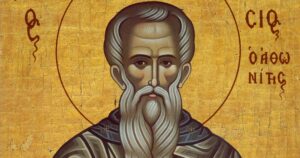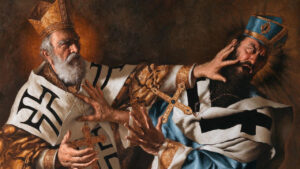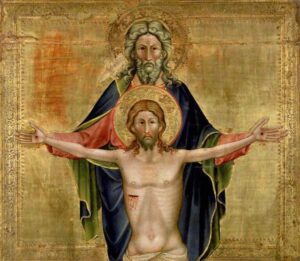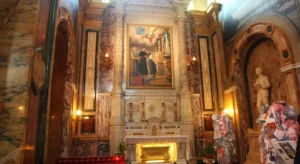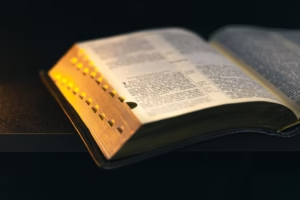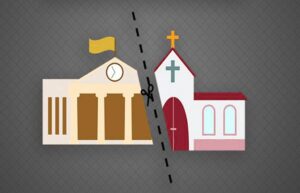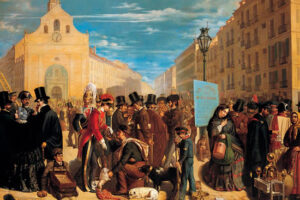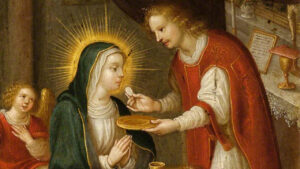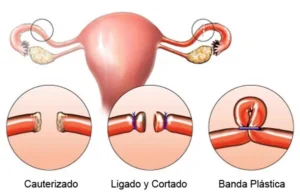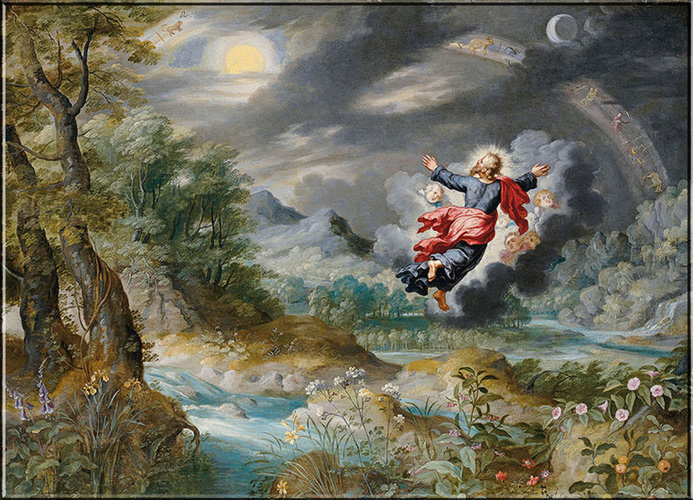Question:
Father, I heard a priest in a sermon say that some people think they are free, but they are not; they would be slaves. How is that? Can someone be a slave without knowing it or think they are free, but in reality, they are not free?
Answer:
I believe that the priest whom you heard said a great truth, and certainly “evangelical”, for it is Jesus who said: If the Son shall set you free, you shall be free indeed (Jn 8:36). The Greek text of St. John uses the adverb ontôs, transferred to Latin by vere: “truly free”; and the Lexicon Graecum of the New Testament defines it: “by this word one thing true is tacitly opposed to another fictitious, false, apparent – one thing absolutely certain to another doubtful”[1]. Therefore, it is affirmed - implicitly at least – the existence of a freedom that is not real
In fact, by “freedom” we can refer to different things.
There is (first of all) a “perverse” freedom: that in which one abuses one’s freedom to sin; it is a matter, if we can put it this way, of “being liberated – or distanced – from holiness”.
There is (secondly) another freedom that must be called “vain” or “illusory”; it is the freedom of the carnal; those who believe they are free because they do not wear heavy iron chains; but it says nothing of the interior and moral chains; it is vain because men believe they are free because they do not see bars or bars on the windows of their room, forgetting the stocks and fetters that enslave the heart with vice and sin: he who works sin is the slave of sin (Jn 8:34).
Finally, there is a spiritual and true freedom. It is the freedom that grace gives by which one is free from the enslaving bonds of sin. And even this knows degrees:
It can be found in an imperfect state; and such is that which we can attain in this life; for here, even while living in grace, the flesh struggles against the spirit, not allowing us to realize all the good we want: For the flesh lusteth against the spirit, and the spirit against the flesh: as though these things were contrary the one to the other: so that ye do not the things that ye would (Gal 5:17).
But a full and perfect state can be reached: in heavenly glory. There, what St. Paul says will take place: Creation itself will be freed from bondage (Rom 8:21). For there will be no evil, nothing that inclines to evil, nothing that oppresses. It will be total freedom from guilt and sorrow; freedom from all fear and worry
Only the Son can give this freedom, because he humbled himself to the point of taking the form of a slave (Phil 2:7). It is his slavery that has set us free.
Fr. Miguel A. Fuentes, IVE
[1] Cf. Franciscus Zorell, Lexicon Graecum Novi Testamenti, Ed. Pontificio Instituto Biblico, Roma 1990, col. 920
Original Post: Here
Anothe Post: If everything is according to God’s plans, then what is the point of free will?


